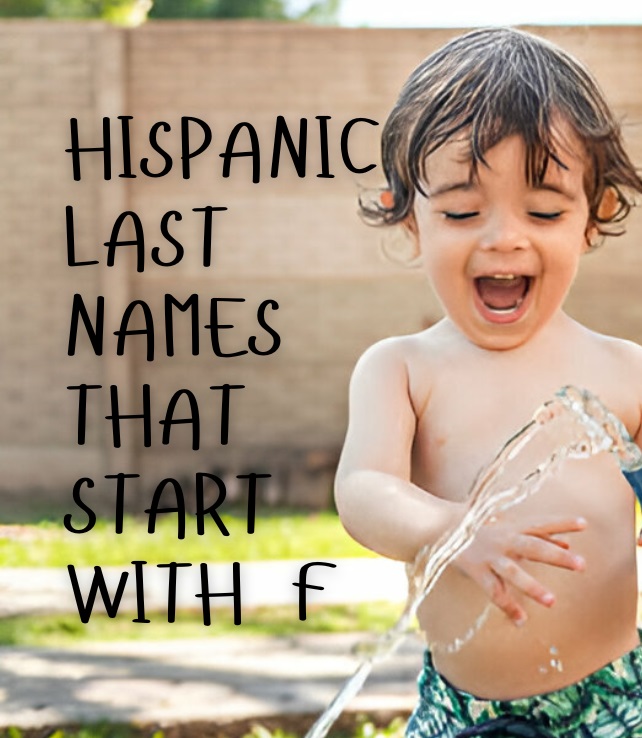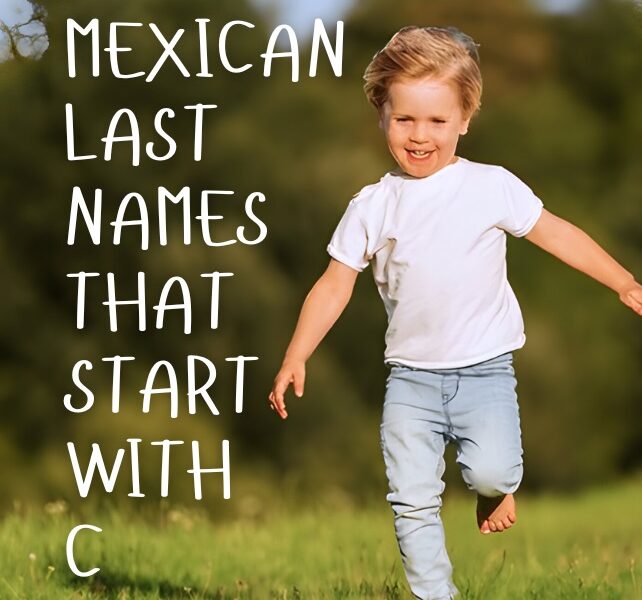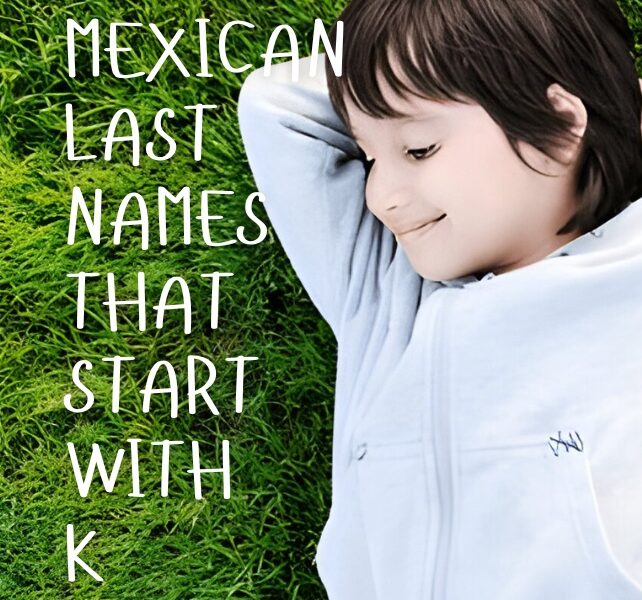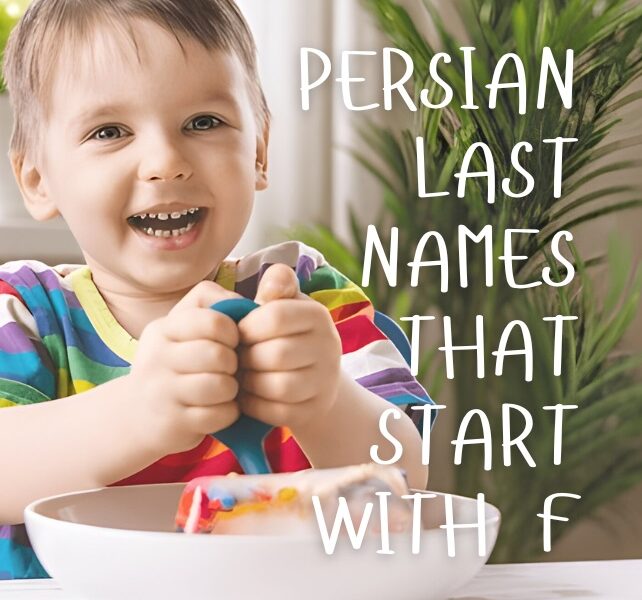Last Updated on January 2, 2025 by Emma
Hispanic last names that start with the letter F represent a rich tapestry of cultural heritage, family history, and linguistic diversity. These surnames, often rooted in Spanish, Portuguese, or indigenous languages, reflect the complex historical interactions and migrations that have shaped Hispanic communities worldwide. From patronymics to occupational names, place names to descriptive epithets, F-initial Hispanic surnames offer a fascinating glimpse into the genealogical and cultural legacy of Spanish-speaking populations. This article explores a comprehensive list of 100 such surnames, delving into their meanings and origins, and highlighting the intricate connections between language, history, and identity that these names embody.
100 Hispanic Last Names That Start with F
Hispanic surnames beginning with F encompass a wide range of origins and meanings. Some are derived from personal names, others from geographical features or occupations. Many have evolved over centuries, influenced by linguistic shifts and cultural exchanges. This diverse collection of surnames reflects the rich tapestry of Hispanic heritage, from ancient Iberian roots to more recent Latin American innovations.
| Last Name | Meaning |
|---|---|
| Fabela | Derived from “faba,” meaning bean |
| Fajardo | From a place name meaning “beech grove” |
| Falcón | Meaning “falcon,” likely a nickname |
| Farias | From a place name in Portugal |
| Favela | Refers to a slum or shantytown |
| Fernández | Son of Fernando |
| Ferrer | Blacksmith or ironworker |
| Fierro | Iron |
| Figueroa | Fig tree |
| Flores | Flowers |
| Fonseca | Dry spring |
| Franco | Free man |
| Frías | Cold |
| Fuentes | Springs or fountains |
| Fuertes | Strong |
| Fuster | Carpenter |
| Fábrega | Blacksmith’s shop |
| Fábregas | From “fábrega,” meaning forge |
| Falcó | Falcon |
| Farías | Variant of Farias |
| Feliciano | Happy or lucky |
| Felipe | Lover of horses |
| Feliu | Happy |
| Fernandes | Portuguese form of Fernández |
| Ferrando | Variant of Fernando |
| Ferreira | Place with iron deposits |
| Figueira | Fig tree |
| Figueiredo | Fig tree grove |
| Figueroa | Fig tree |
| Filgueira | Fern field |
| Flórez | Flowers |
| Fonseca | Dry spring |
| Fontana | Fountain |
| Fontes | Springs |
| Formoso | Beautiful |
| Fragoso | Rough or rugged terrain |
| Francisco | Free man |
| Franco | Free |
| Freire | Friar or brother |
| Freitas | Broken land |
| Frías | Cold places |
| Fuente | Spring or fountain |
| Funes | Ropes or cords |
| Furtado | Stolen |
| Fusté | Wood or timber |
| Fábrega | Forge |
| Fábregas | From the forge |
| Falcón | Falcon |
| Farfán | Boastful |
| Fariña | Flour |
| Fariñas | Flour maker |
| Febres | Fevers |
| Feliciano | Happy |
| Félix | Happy or lucky |
| Fermín | Firm |
| Fernandes | Son of Fernando |
| Ferrara | Ironworker |
| Ferreira | Iron mine |
| Ferro | Iron |
| Figueira | Fig tree |
| Figueroa | Fig tree grove |
| Filgueira | Fern field |
| Flecha | Arrow |
| Florencio | Flourishing |
| Florentino | Flowering |
| Flores | Flowers |
| Florez | Flowers |
| Fonseca | Dry spring |
| Fontana | Fountain |
| Fontes | Springs |
| Fortes | Strong |
| Fortunato | Fortunate |
| Fraga | Rocky area |
| Fragoso | Rugged |
| Francés | French |
| Francia | France |
| Francisco | Free man |
| Franco | Free |
| Frías | Cold places |
| Fuente | Spring |
| Fuentes | Springs |
| Fuertes | Strong |
| Funes | Ropes |
| Fuster | Carpenter |
| Fábrega | Forge |
| Fábregas | From the forge |
| Falcó | Falcon |
| Farías | Variant of Farias |
| Fausto | Lucky |
| Feijóo | Bean |
| Feliciano | Happy |
| Felipe | Lover of horses |
| Félix | Happy or lucky |
| Fermín | Firm |
Conclusion
Hispanic last names starting with F offer a fascinating window into the cultural, linguistic, and historical tapestry of Spanish-speaking communities. These surnames, ranging from ancient patronymics to more recent descriptive names, encapsulate centuries of migration, conquest, and cultural exchange. They serve as living links to ancestral roots, often revealing clues about family origins, occupations, or physical characteristics of distant forebears. As Hispanic populations continue to grow and integrate globally, these surnames stand as enduring markers of identity, connecting present generations to their rich heritage while simultaneously evolving with the changing linguistic and cultural landscape of the modern world.




